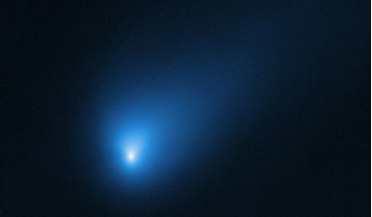 17 October 2019
Hubble gets a good look at interstellar visitor Comet 2I/Borisov
17 October 2019
Hubble gets a good look at interstellar visitor Comet 2I/Borisov
..., the NASA/ESA Hubble Space Telescope provided astronomers with their best look yet at an interstellar visitor — Comet 2I/Borisov — which is believed to have arrived here from another planetary system elsewhere in our galaxy. This observation is the...
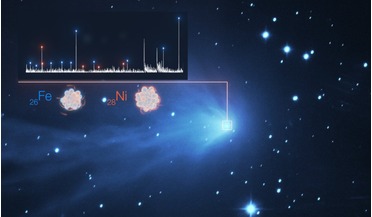 19 May 2021
Scientists unexpectedly find heavy metal vapour in comets throughout our Solar System, and beyond
19 May 2021
Scientists unexpectedly find heavy metal vapour in comets throughout our Solar System, and beyond
... gaseous nickel has also been detected surrounding comet 2I/Borisov, the second observed interstellar interloper after ʻOumuamua...the Earth-Sun distance. Detecting nickel stored within comet 2I/Borisov not only gives scientists a peek into the chemical...
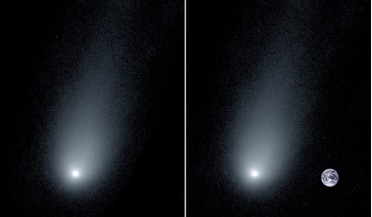 28 November 2019
New close-up view of interstellar visitor comet 2l/Borisov
28 November 2019
New close-up view of interstellar visitor comet 2l/Borisov
...new, close-up image of the interstellar comet 2l/Borisov. 2l/Borisov, first spotted this summer, continues ...and fine dust in its tail. “Astronomers are taking advantage of Borisov’s visit, using telescopes such as Keck to obtain information about the ...
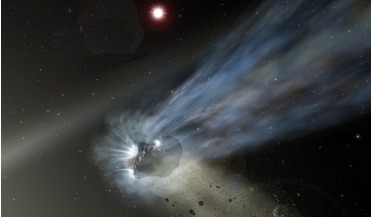 20 April 2020
New research shows interstellar visitor 21/Borisov is not your average comet
20 April 2020
New research shows interstellar visitor 21/Borisov is not your average comet
... an icy interloper, which soon became identified as the second known interstellar object to visit our Solar System, comet 2I/Borisov. With telescopes trained to watch its passage through our cosmic backyard, two new separate studies published...
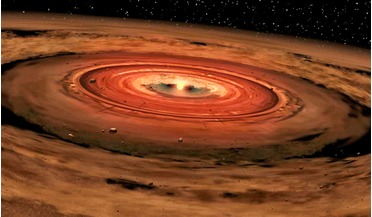 24 April 2020
A population of interstellar asteroids has been found hiding between Jupiter and Neptune
24 April 2020
A population of interstellar asteroids has been found hiding between Jupiter and Neptune
...be explained if these travellers started life elsewhere. But, unlike the recently identified interstellar visitors ‘Oumuamua, and comet 21/Borisov, which are just passing through our Solar System without stopping, these travellers are thought to have...
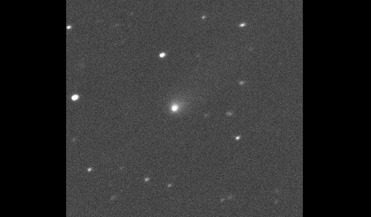 13 September 2019
Newly discovered comet could be our second interstellar visitor
13 September 2019
Newly discovered comet could be our second interstellar visitor
... indicate more elliptical orbits and at 3.2, the newly found comet’s orbit can be described as hyperbolic. This highly eccentric/hyperbolic orbit is what gives C/2019 Q4 (Borisov) away as being a would-be interstellar visitor rather than a local...